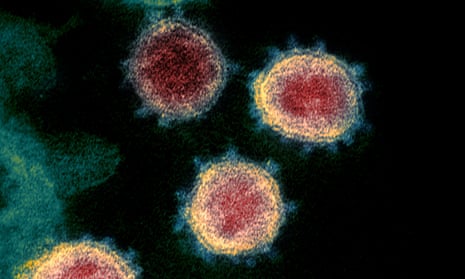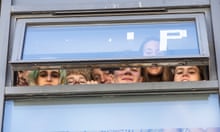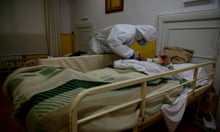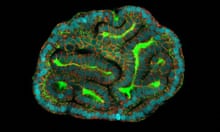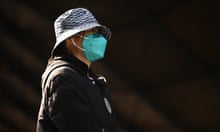Scientists have discovered differences in the immune response that could explain why some people seem to reliably escape Covid infection.
The study, in which healthy adults were intentionally given a small nasal dose of Covid virus, suggested that specialised immune cells in the nose could see off the virus at the earliest stage before full infection takes hold. Those who did not succumb to infection also had high levels of activity in a gene that is thought to help flag the presence of viruses to the immune system.
“These findings shed new light on the crucial early events that either allow the virus to take hold or rapidly clear it before symptoms develop,” said Dr Marko Nikolić, senior author of the study at University College London and honorary consultant in respiratory medicine. “We now have a much greater understanding of the full range of immune responses, which could provide a basis for developing potential treatments and vaccines that mimic these natural protective responses.”
As part of the UK Covid-19 Human Challenge study, 36 healthy adult volunteers without previous history of having Covid and who were unvaccinated were administered a low dose of the virus through the nose. The study was carried out in 2021 at the height of the pandemic.
In 16 volunteers, the researchers monitored activity in immune cells in the blood and the lining of the nose to provide the most detailed timeline of immune activity before, during and after infection. These participants were found to fall into three distinct groups: six people developed a sustained infection and became ill; three people became transiently positive but without developing a full infection; and seven experienced an “abortive infection”. This subset never tested positive, but the tests showed they had mounted an immune response.
In the abortive and transient groups, samples taken from before exposure to Covid showed these volunteers had high background levels of activity in a gene called HLA-DQA2. This was seen in “antigen-presenting” cells, which flag danger to the immune system. “These cells will take a little bit of the virus and show it to immune cells and say: ‘This is foreign: you need to go and sort it out,’” said Dr Kaylee Worlock of UCL, first author of the study.
The findings, published in Nature, suggest that people who have high levels of activity in this gene may have a more efficient immune response to Covid, meaning the infection never gets beyond the body’s first line of defence. However, they were not completely immune – the volunteers were followed after the study and some later caught Covid in the community.
In the people who briefly tested positive, the scientists also recorded a rapid immune response in nasal cells, within a day of exposure, and a slower immune response in blood cells. By contrast, those who developed a full infection had a much slower nasal response, starting on average five days after exposure, allowing the virus to establish itself.
The team said the findings could provide a basis for developing more effective treatments and vaccines that mimic optimal protective responses.
